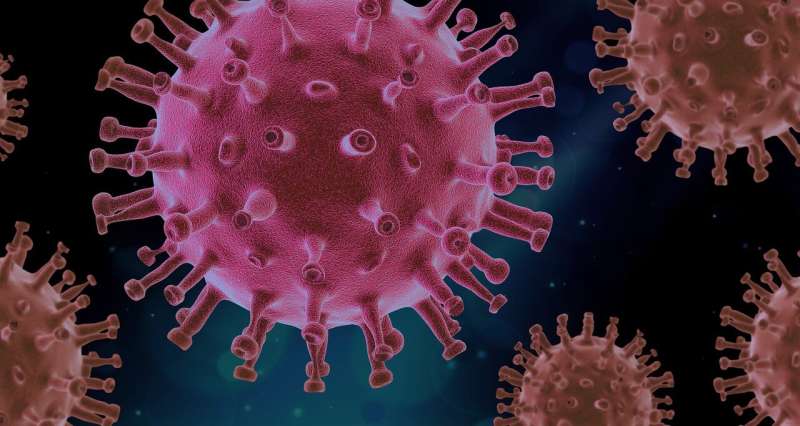Shame of contracting COVID-19 can prevent individuals declaring infection to authorities

New research from the University of Kent and Leeds Beckett University has found that feelings of shame and stigmatization at the idea of contracting COVID-19 are linked to lower compliance of social distancing and the likelihood of reporting infection to authorities and potential contacts in Italy, South Korea and the U.S..
In contrast, the study found that individuals who trust their Government's response to the COVID-19 pandemic and feel a mutual solidarity are more likely to report COVID-19 contraction to authorities and acquaintances.
In Italy and South Korea, individuals are also more likely to follow social distancing regulations if they trust their Government's response to the pandemic, while in the U.S., trust does not lead to social distancing compliance. This could be explained by the behavior of the former administration that emphasized values of deference to authority and an "American First" policy, while signaling contempt for scientific advice and social distancing.
Many governments around the world have responded to the COVID-19 pandemic by implementing lockdown measures of various degrees of intensity. To be effective, these measures must rely on citizens' cooperation. These findings published by Frontiers in Psychology suggest that values of hierarchy and interdependence from governments shaming people into obedience may backfire and even make authorities less likely to trace and test new cases, while people may be less likely to comply with regulations. In turn this can negatively impact public health.
The research, led by Dr. Giovanni Travaglino (Kent) and Dr. Chanki Moon (Leeds Beckett), indicates the importance of cooperation and solidarity in explaining people's compliance with the norms of social distancing.
Dr. Travaglino said, "Our research highlights the importance of managing the stigma associated with COVID-19, which may undermine authorities' efforts to control it. Governments and decision-makers may achieve better transparency and compliance by focusing on the importance of social cohesion and trustworthiness in their attempts to tackle the pandemic and manage public responses."
Dr. Moon said, "In our research, we identified that roles of trust in governments and self-conscious emotions (shame and guilt) were determinant factors for people's compliance with social distancing and intentions of reporting infections to health authorities or acquaintances. When governments and decision-makers make policies and regulations in relation to COVID-19, they should be aware that stigmatizing or blaming people for contracting the infection could potentially backfire. The governments' efforts to boost trust are probably the key to overcoming the coronavirus crisis."
More information: Giovanni A. Travaglino et al, Compliance and Self-Reporting During the COVID-19 Pandemic: A Cross-Cultural Study of Trust and Self-Conscious Emotions in the United States, Italy, and South Korea, Frontiers in Psychology (2021). DOI: 10.3389/fpsyg.2021.565845


















